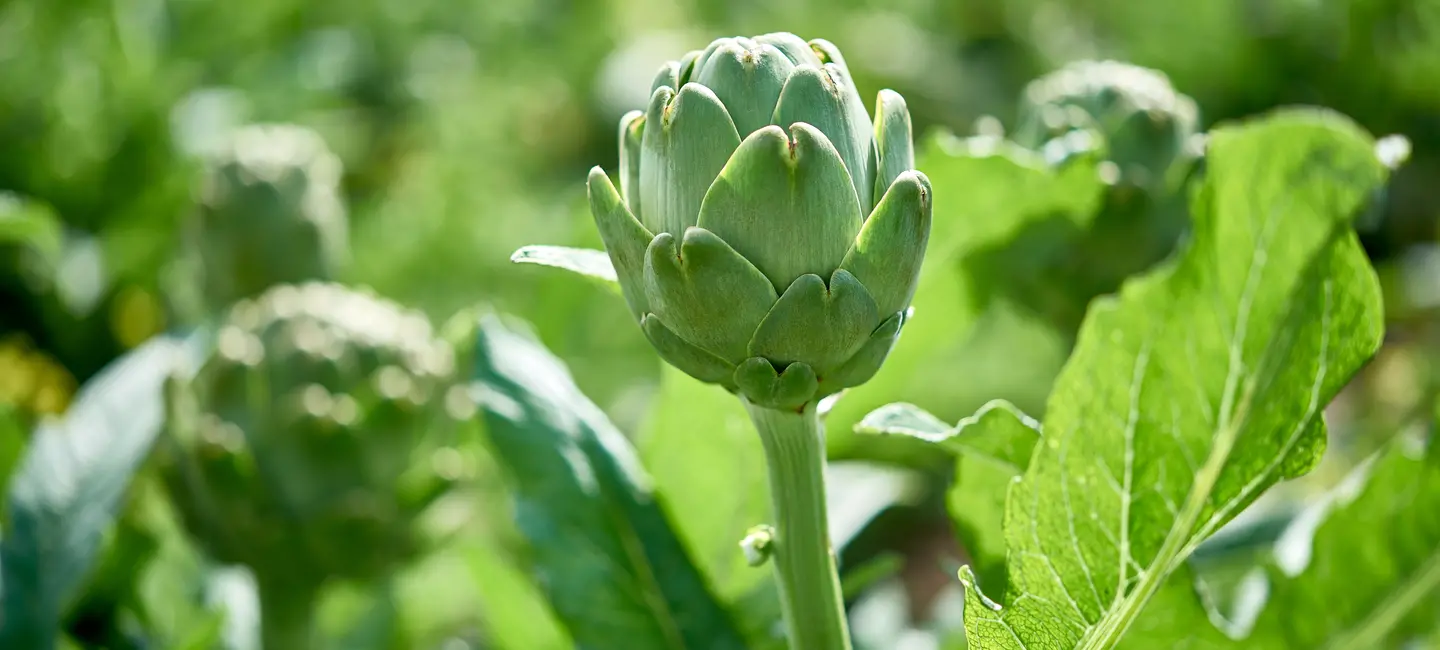
Artichoke (Cynara cardunculus) is a plant native to the Mediterranean area. The leaf, stem, and root are used to make extracts, which are used as medicine.
Artichoke is also commonly consumed as a food. It contains chemicals that can reduce nausea and vomiting, spasms, and gas. These chemicals have also been shown to lower cholesterol and protect the liver.
People commonly use artichoke for indigestion and high levels of cholesterol or other fats in the blood. It is also used for high blood pressure, hepatitis C, irritable bowel syndrome (IBS), and many other conditions, but there is no good scientific evidence to support most of these uses.
Don't confuse artichoke with Jerusalem artichoke (Helianthus tuberosus).
Is It Effective?
NatMed Pro rates effectiveness based on scientific evidence according to the following scale: Effective, Likely Effective, Possibly Effective, Possibly Ineffective, Likely Ineffective, Ineffective, and Insufficient Evidence to Rate.
- Indigestion (dyspepsia). Taking artichoke extract by mouth can reduce symptoms of indigestion, including nausea, vomiting, gas, and stomach pain. It seems to take 2 to 8 weeks of treatment to see these benefits.
- High levels of cholesterol and other fats (lipids) in the blood (hyperlipidemia). Taking artichoke extract by mouth can slightly reduce total and low-density lipoprotein (LDL or "bad") cholesterol in people with high cholesterol. It seems to take 6 to 12 weeks of treatment to see these benefits.
There is interest in using artichoke for a number of other purposes, but there isn't enough reliable information to say whether it might be helpful.
Is it Safe?
When taken by mouth: Artichoke is commonly consumed in food. It is possibly safe when taken as a medicine for up to 12 weeks. Artichoke can cause side effects such as gas, upset stomach, and diarrhea. Artichoke might also cause allergic reactions.
Special Precautions & Warnings:
Pregnancy and breast-feeding: There isn't enough reliable information to know if artichoke is safe to use as a medicine when pregnant or breast-feeding. Stay on the safe side and stick to food amounts.
Bile duct obstruction: Artichoke might worsen this condition. If you have this condition, don't use artichoke before talking with your healthcare provider.
Allergy to ragweed and related plants: Artichoke may cause an allergic reaction in people who are sensitive to the Asteraceae/Compositae family. Members of this family include ragweed, chrysanthemums, marigolds, daisies, and many others. If you have allergies, be sure to check with your healthcare provider before taking artichoke.
Gallstones: Artichoke might make gallstones worse by increasing bile flow.
Medications changed by the liver (Cytochrome P450 2B6 (CYP2B6) substrates)
Interaction Rating=Moderate Be cautious with this combination.
Some medications are changed and broken down by the liver. Artichoke might change how quickly the liver breaks down these medications. This could change the effects and side effects of these medications.
Medications changed by the liver (Cytochrome P450 2C19 (CYP2C19) substrates)
Interaction Rating=Moderate Be cautious with this combination.
Some medications are changed and broken down by the liver. Artichoke might change how quickly the liver breaks down these medications. This could change the effects and side effects of these medications.
Medications for diabetes (Antidiabetes drugs)
Interaction Rating=Moderate Be cautious with this combination.
Artichoke might lower blood sugar levels. Taking artichoke along with diabetes medications might cause blood sugar to drop too low. Monitor your blood sugar closely.
Medications for high blood pressure (Antihypertensive drugs)
Interaction Rating=Moderate Be cautious with this combination.
Artichoke might lower blood pressure. Taking artichoke along with medications that lower blood pressure might cause blood pressure to go too low. Monitor your blood pressure closely.
Herbs and supplements that might lower blood pressure: Artichoke might lower blood pressure. Taking it with other supplements that have the same effect might cause blood pressure to drop too much. Examples of supplements with this effect include andrographis, casein peptides, L-arginine, niacin, and stinging nettle.
Herbs and supplements that might lower blood sugar: Artichoke might lower blood sugar. Taking it with other supplements with similar effects might lower blood sugar too much. Examples of supplements with this effect include aloe, bitter melon, cassia cinnamon, chromium, and prickly pear cactus.
There are no known interactions with foods.
Artichoke leaf extract has most often been used by adults in doses of 320-640 mg by mouth three times daily. Speak with a healthcare provider to find out what dose might be best for a specific condition.
Alcachofa, Alcaucil, ALE, Artichaut, Artichaut Commun, Artichoke Extract, Artichoke Fruit, Artichoke Leaf, Artichoke Leaf Extract, Artischocke, Cardo, Cardo de Comer, Cardon d'Espagne, Cardoon, Cynara, Cynara cardunculus, Cynara scolymus, Garden Artichoke, Gemuseartischocke, Globe Artichoke, Kardone, Tyosen-Azami, Wild Egyptian Artichoke.
Information on this website is for informational use only and is not intended to replace professional medical advice, diagnosis, or treatment. While evidence-based, it is not guaranteed to be error-free and is not intended to meet any particular user’s needs or requirements or to cover all possible uses, safety concerns, interactions, outcomes, or adverse effects. Always check with your doctor or other medical professional before making healthcare decisions (including taking any medication) and do not delay or disregard seeking medical advice or treatment based on any information displayed on this website.
© TRC Healthcare 2024. All rights reserved. Use and/or distribution is permitted only pursuant to a valid license or other permission from TRC Healthcare.
